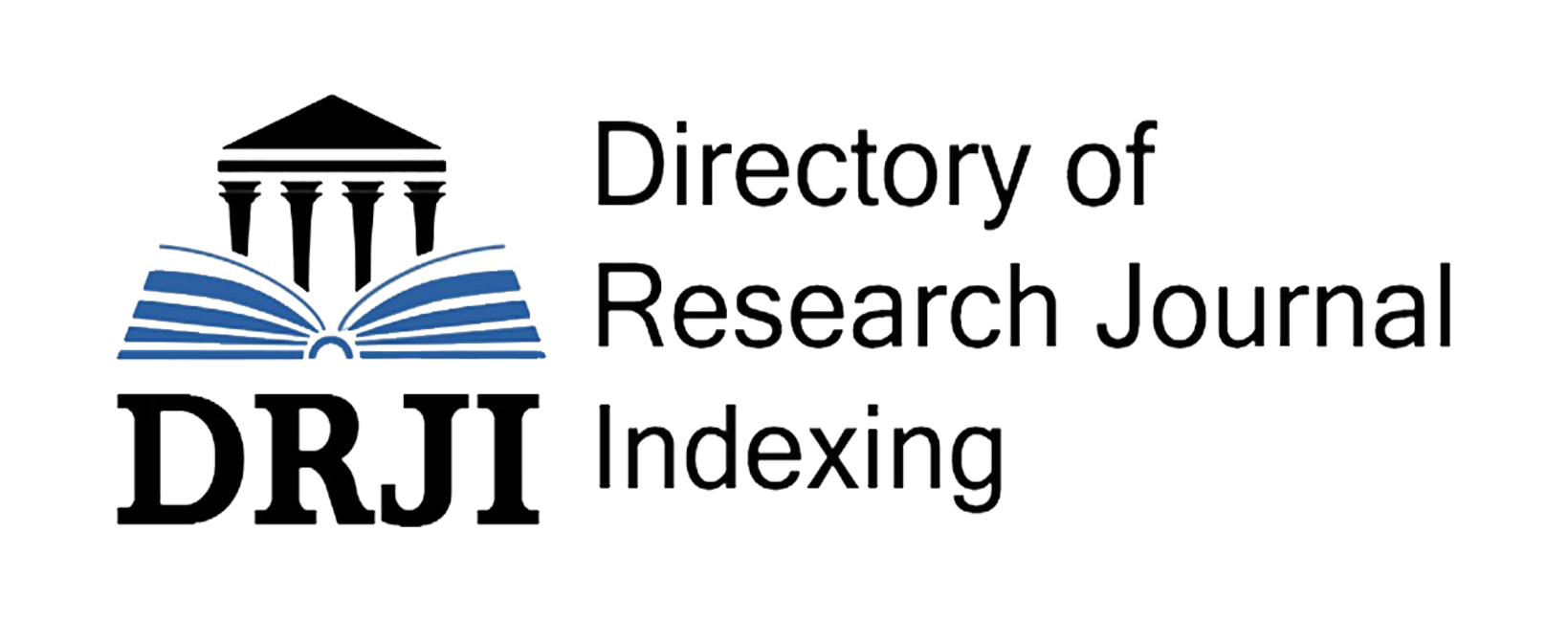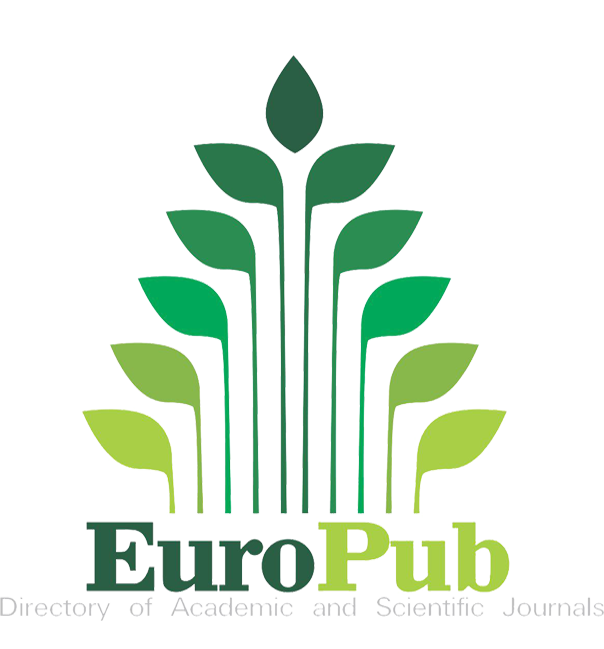ENGLISH NEOLOGISMS-BORROWINGS IN RUSSIAN AND UZBEK LANGUAGES
Keywords:
English neologisms, English borrowings, Russian language, Uzbek language, semantic adaptation, grammatical integration, hybridization, technology, popular culture, language contact, language attitudes, translation challenges, language planning, language policyAbstract
This article explores the phenomenon of English neologisms and borrowings in the Russian and Uzbek languages. It examines the linguistic, sociolinguistic, and cultural implications of the increasing presence of English elements in these languages. The study highlights the processes of semantic adaptation, grammatical integration, and hybridization that occur when English words are borrowed into Russian and Uzbek. It also discusses the influence of technology, popular culture, and language contact effects on the adoption of English borrowings. Additionally, the article addresses language attitudes, translation challenges, and the role of language planning and policy in managing the influx of English borrowings. Overall, the research provides insights into the dynamic nature of language evolution and the complex interplay between English and the Russian and Uzbek languages.
References
Aitchison, J. (2001). Language Change: Progress or Decay? Cambridge University Press.
Crystal, D. (2003). English as a Global Language (2nd ed.). Cambridge University Press.
Krylova, A., & Sultanova, R. (2017). English Borrowings in the Russian Language: Linguistic and Sociocultural Aspects. Journal of Language and Education, 3(4), 17-30.
Matyushkin, A. (2015). English Loanwords in the Russian Language: A Corpus-Based Study. Peter Lang AG.
Poplack, S., & Meechan, M. (1998). Introduction: A New Approach to Language Contact. In S. Poplack & M. Meechan (Eds.), Sociolinguistics and Language Acquisition (pp. 1-27). Routledge.
Prikhodkina, D. (2012). English Loanwords in Uzbek: A Corpus-Based Analysis. In F. Sharifian (Ed.), English as an International Language: Perspectives and Pedagogical Issues (pp. 107-125). Multilingual Matters.
Suleimanova, E. (2019). English Neologisms in the Uzbek Language: A Corpus-Based Study. Journal of Language and Cultural Education, 7(1), 100-115.
Swan, M. (2001). Learner English: A Teacher's Guide to Interference and Other Problems. Cambridge University Press.
Tirkkonen-Condit, S. (2004). English as a Lingua Franca: Occasional Paper 23. University of Helsinki.
Vinogradov, V. V. (2010). English Loanwords in the Uzbek Language. Uzbek Linguistics Journal, 2(6), 49-60.









